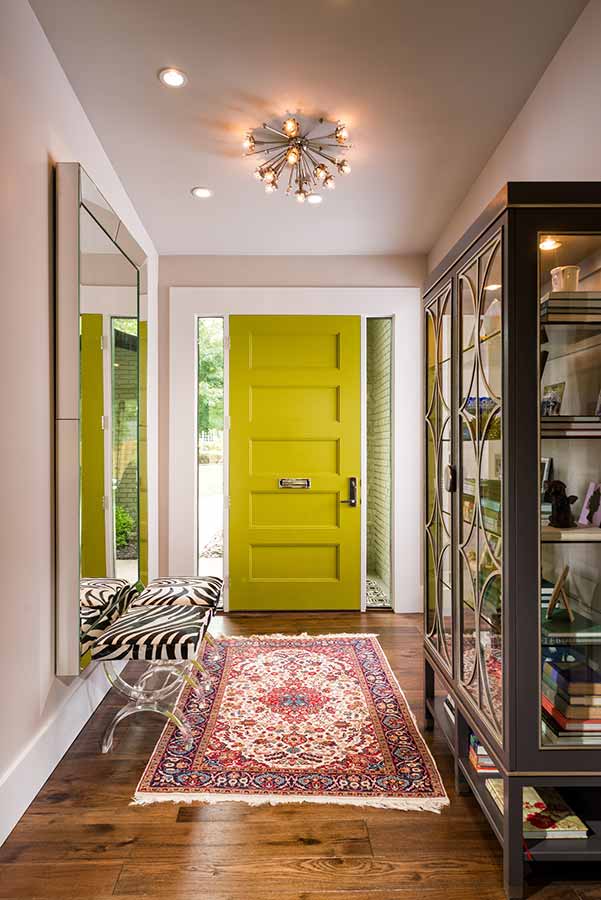Efficient Homes

Eco-Friendly Home Contractor in Southwest Missouri
At Travis Miller Homes, we’re building beautiful homes today that will benefit you and our earth tomorrow. We have a Certified Green Professional (CGP) designation from the National Association of Home Builders, meaning we’re educated on how to build homes that will save you money and reduce your environmental impact.
Green Building:
It’s More Than A Trend
Homes built with eco-friendliness in mind are not only great for the environment, but they also benefit homeowners. You’ll save money and increase your home’s efficiency, all while conserving our natural resources. Making these decisions during construction will save you money in the long run.
How to Make a Home Green
Green homes typically involve conservation of water, electricity, energy, and other resources. They also minimize pollution of all forms and use sustainable materials! Some examples include:
- Energy Star rated appliances and lighting utilizing LED technology
- High-efficiency heating and air systems including geothermal, radiant floor heating, and energy recovery ventilation systems
- Plumbing products that conserve water usage such as low flow toilets and fixtures
- Using recycled materials for home building (wood beams, flooring, etc.)
- Utilizing foam insulation to create a tightly sealed building envelope
- Using materials with low Volatile Organic Compounds (VOC) that reduce off-gassing of harmful vapors into the home
- Installing solar panels to reduce electrical reliability on local utilities and reducing the overall energy use of the home
- Landscaping that requires minimal watering
- The overall building orientation of the home with sun and wind exposure in mind
How to Make a Home Green
Green homes typically involve conservation of water, electricity, energy, and other resources. They also minimize pollution of all forms and use sustainable materials!
Some examples include
- Energy Star rated appliances and lighting utilizing LED technology
- High-efficiency heating and air systems including geothermal, radiant floor heating, and energy recovery ventilation systems
- Plumbing products that conserve water usage such as low flow toilets and fixtures
- Using recycled materials for home building (wood beams, flooring, etc.)
- Utilizing foam insulation to create a tightly sealed building envelope
- Using materials with low Volatile Organic Compounds (VOC) that reduce off-gassing of harmful vapors into the home
- Installing solar panels to reduce electrical reliability on local utilities and reducing the overall energy use of the home
- Landscaping that requires minimal watering
- The overall building orientation of the home with sun and wind exposure in mind
HERS Rating
The industry standard for determining if a home is energy efficient is called the Home Energy Rating System (or HERS), created by the Residential Energy Services Network. The reference score is 100, and the lower your score, the more efficient the home.
Is It Worth It?
Building or remodeling your home to be energy efficient may require a bit more initial investment than traditional construction, but the long-term savings are undeniable:
- Reduced Energy Bills
- Reduced Water Bills
- Improved In-Home Air Quality
- Fewer Doctors Visits
- Special Rebates & Tax Credits
- Increased Resale Value of Your Home
Office: (417) 724-0973
Email: travis@travismillerhomes.com
Hours:
Monday - Friday: 8:00 AM - 4:00 PM
Saturday & Sunday: Closed

